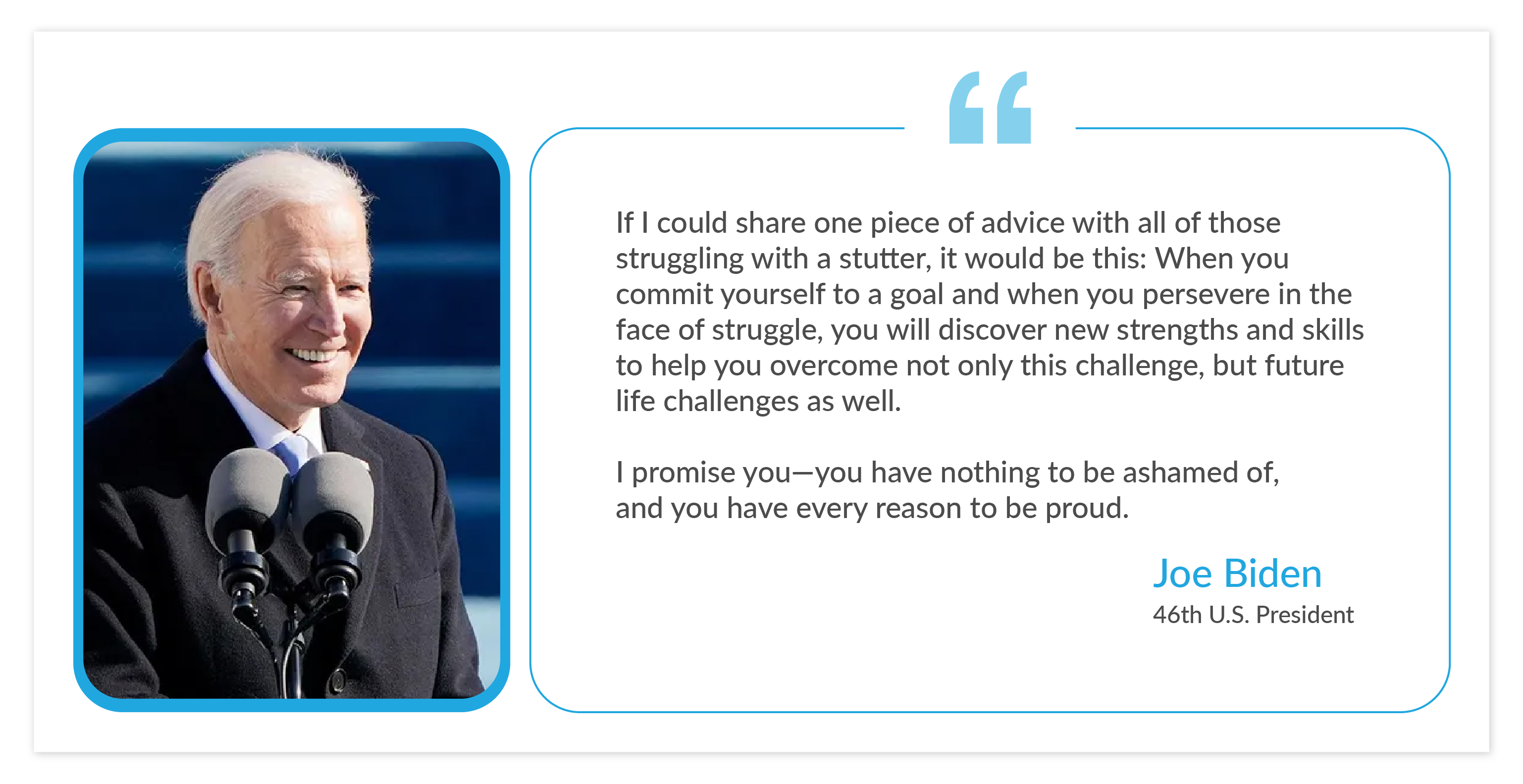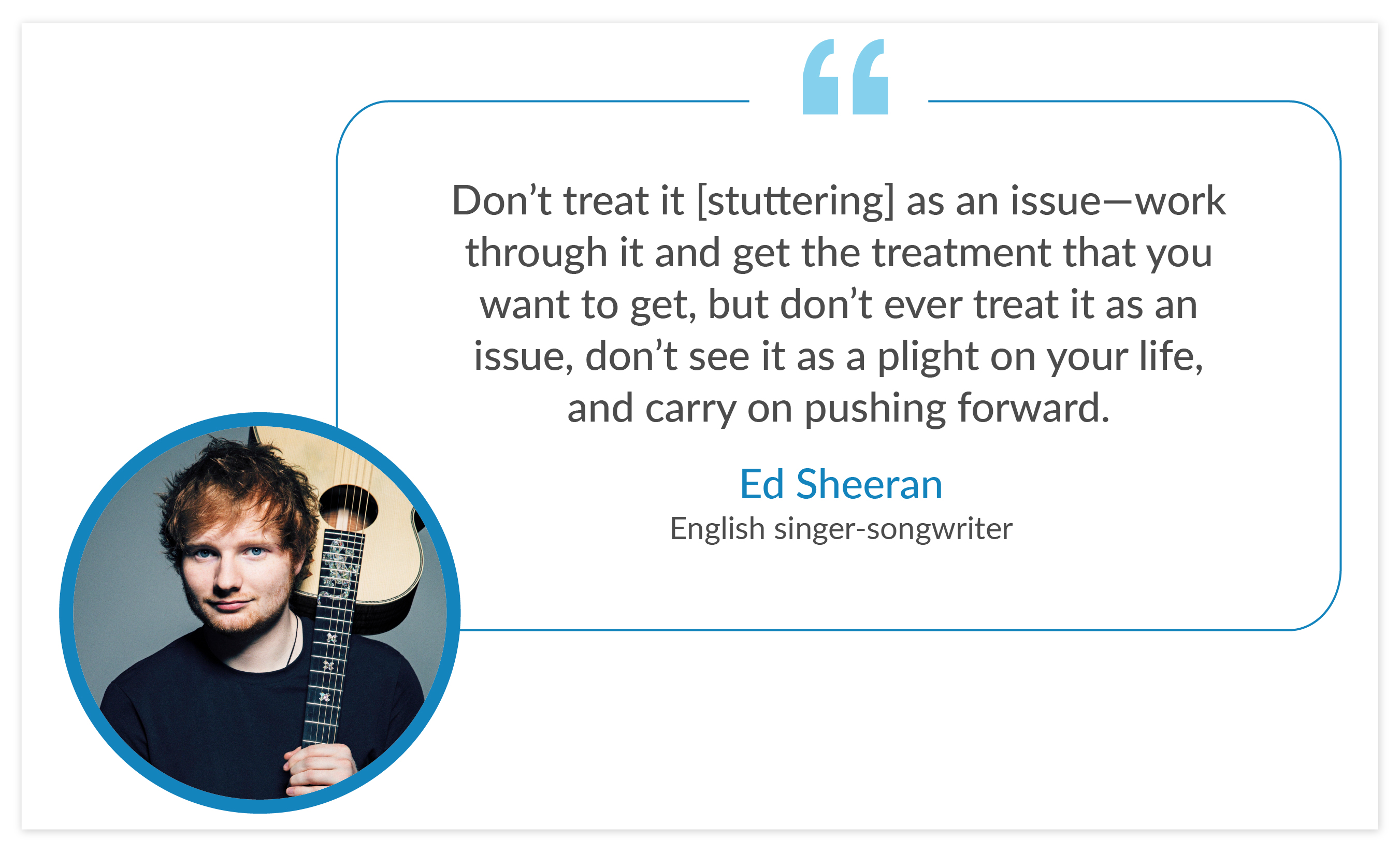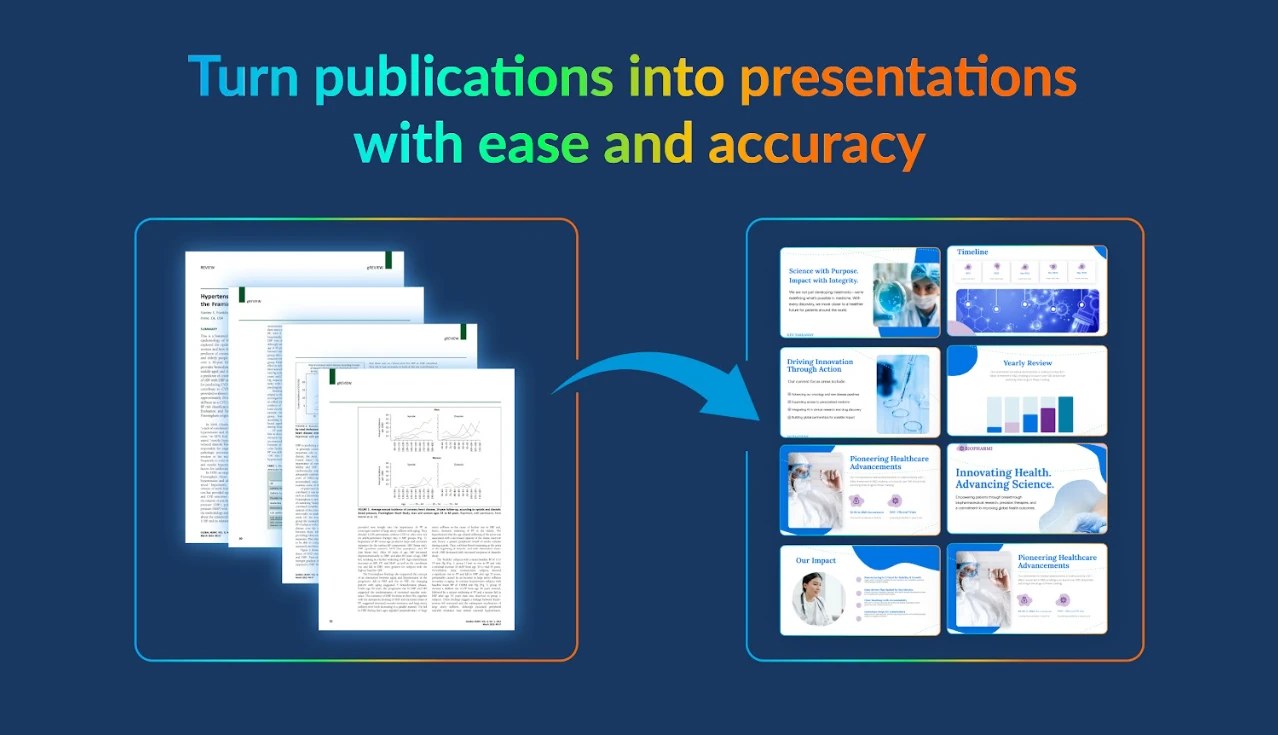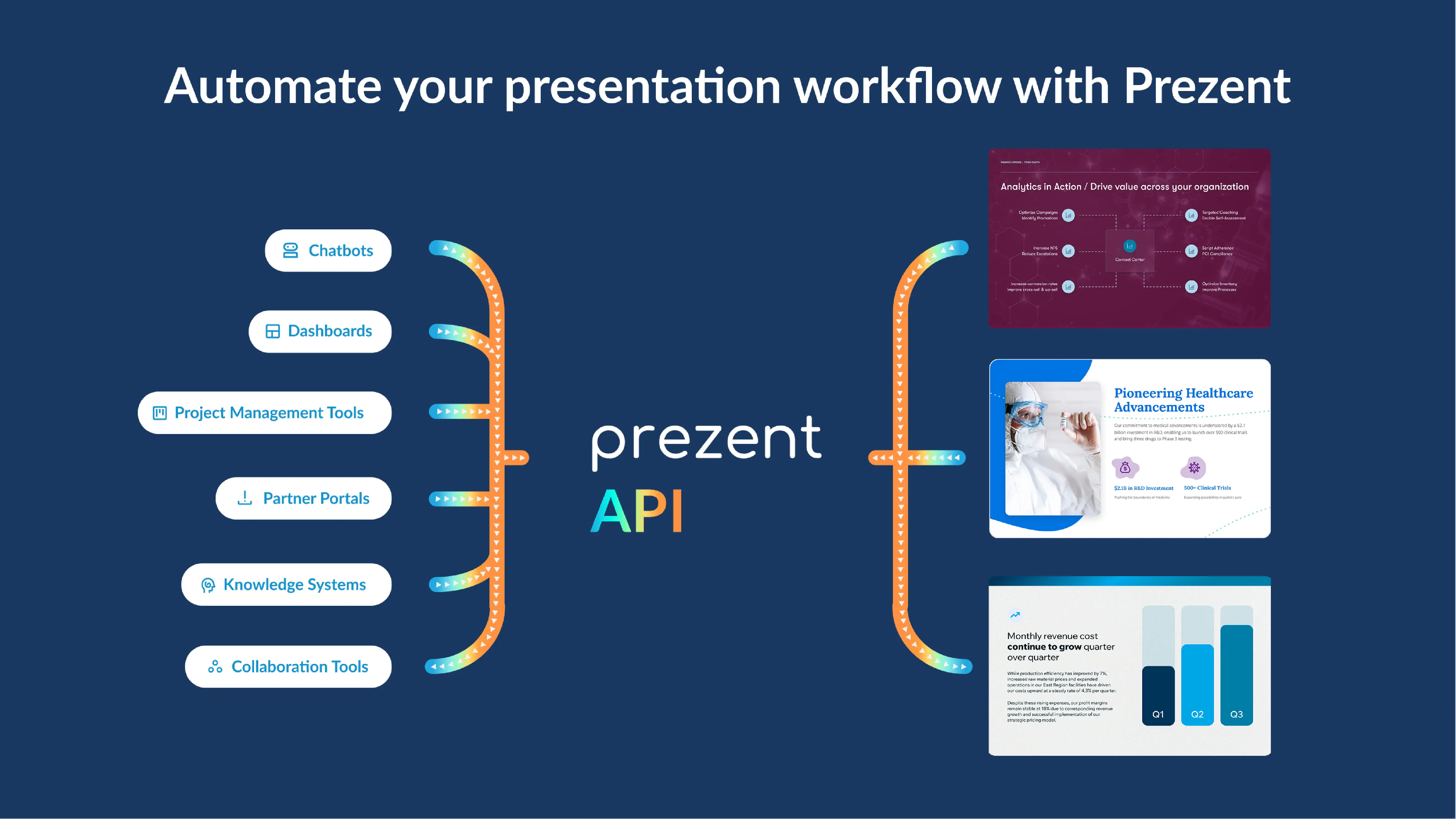How to stop stuttering when public speaking and deliver compelling presentations?

Imagine the nerves and pressure of standing before a global audience as the President of the United States. Now, imagine doing it with a speech impediment that makes every word a potential struggle. This was the reality for Joe Biden, the 46th President of the United States.
Many know Biden as a skilled orator, but few are aware of the profound personal battle he waged against stuttering. As a young boy, Biden faced relentless teasing from classmates and spent countless hours practicing his speech alone. His struggle with stuttering wasn’t just a childhood phase; it persisted into his young adulthood, threatening to undermine his dreams of public service.
However, Biden’s journey from a stuttering schoolboy to a confident public speaker is a powerful testament to resilience and determination. He transformed his biggest weakness into a commanding strength through relentless practice and unwavering perseverance. His story isn’t just inspiring; it’s proof that overcoming stuttering is possible for anyone willing to put in the effort.

In this blog, we’ll discuss the intricacies of stuttering, explore why it happens, and share practical strategies to help you manage stuttering and deliver compelling presentations. Whether you’re preparing for a big speech or looking to boost your everyday communication skills, this guide will equip you with the tools you need to speak confidently and effectively.
What is stuttering?
Imagine trying to express your thoughts, but every time you open your mouth, the words get stuck. They trip over each other, repeating themselves or getting blocked altogether. This is the daily struggle for those who stutter. Stuttering, also known as stammering, is a speech disorder that disrupts the natural flow of speech. It's not just about repeated sounds or prolonged syllables; it's about the profound frustration and embarrassment that come with these interruptions.
When you stutter, your speech might sound like this:
- "I-I-I want to s-s-say something."
- "Wwwhat time is it?"
- Or sometimes, there's just... silence, as if your voice has hit an invisible wall.
Types of stuttering
Understanding stuttering isn't just about recognizing the symptoms; it's about knowing its various forms. Let's break it down:
- Developmental stuttering: This is the most common type, typically seen in children as they learn to speak. It's a part of their development, and many outgrow it with time.
- Neurogenic stuttering: This type arises from issues in the brain's signaling to the muscles involved in speech. It can be caused by a stroke, head injury, or other neurological events.
- Psychogenic stuttering: This form stems from psychological factors, such as severe stress or trauma. It's less common but can be triggered by emotional turmoil.
Understanding these types helps in tailoring the right approach to manage and overcome stuttering. It's not a one-size-fits-all issue; each type requires a different strategy. By recognizing the type of stuttering you or someone you know might have, you can take the first step toward effective management and eventually, fluent speech.

Why do people stutter while public speaking?
Public speaking can be a daunting task for many, but for individuals who stutter, it can be particularly challenging. Here are some reasons why stuttering may occur more frequently during public speaking:
Anxiety and nervousness
Imagine standing on a stage with countless eyes staring at you, waiting for your every word. For someone who stutters, this scenario is a perfect storm for anxiety. The fear of being judged and the immense pressure to perform flawlessly can intensify nervousness, often leading to a spike in stuttering.
"Negative thoughts and beliefs associated with stuttering can actually lead to increased stuttering. People may then avoid situations in which they’ll have to talk."
Psychological factors
The mind is a powerful influencer. Individuals who stutter frequently develop negative self-beliefs about their ability to communicate effectively. This lack of confidence creates a vicious cycle: the fear of stuttering leads to more stuttering. It’s like a self-fulfilling prophecy, where the more you fear it, the more it happens.
Neurological factors
Research indicates that stuttering may be linked to differences in brain activity. These neurological variances affect how speech is processed and produced. Imagine your brain sending signals to your mouth, but they get scrambled along the way, causing disruptions in your speech. This can make fluent speaking more challenging, especially under pressure.
Environmental triggers
Certain environments act as catalysts for stuttering. Speaking in front of a large audience, for instance, can be a major trigger. The anticipation of speaking in such high-stakes settings can cause stress and anxiety, which, in turn, exacerbates stuttering. It's not just the act of speaking; it's the environment that amplifies the pressure.
Understanding these factors is the first step toward overcoming the challenge of stuttering in public speaking. It’s about breaking the cycle of fear and finding ways to manage anxiety, build confidence, and create a supportive environment. By addressing these underlying causes, individuals who stutter can begin to reclaim their voice and speak with confidence, even on the biggest stages.
Real-life examples: Triumph over stuttering
Joe Biden is not the only well-known figure who has faced the challenges of stuttering. There are other stories of perseverance and success that are a testament to the human spirit and a source of inspiration for anyone struggling with this speech disorder. Let’s look at two more remarkable personalities who have triumphed over stuttering:
Emily Blunt: Finding her voice through acting
The graceful and confident Emily Blunt, known for her powerful performances in "The Devil Wears Prada" and "A Quiet Place," struggled to get her words out as a child. Blunt's stuttering was a significant obstacle, but a compassionate teacher saw her potential and encouraged her to try acting. Standing on stage, pretending to be someone else, she found a way to manage her stutter. Acting became her therapy and her platform for building confidence. Today, Emily Blunt’s eloquent speech and commanding presence are a testament to her journey from stuttering child to Hollywood star.

Ed Sheeran: Turning stuttering into a superpower
Internationally acclaimed singer-songwriter Ed Sheeran is another inspiring figure who overcame stuttering. As a child, Sheeran faced significant speech difficulties, which made his school years challenging. Music became his refuge. Through singing and songwriting, he found a way to express himself without the constraints of stuttering. Sheeran has often spoken about how listening to Eminem’s fast-paced rapping helped him get better at speaking fluently.

How not to stutter when public speaking during a presentation?
Public speaking can be intimidating, especially if you struggle with stuttering. However, with the right strategies, you can manage your stutter and deliver powerful, compelling presentations. Here are some tried-and-true techniques that can help you speak confidently and clearly.
Calm your nerves
Anxiety often makes stuttering worse, so it's important to find ways to stay calm. Consider trying these methods:
- Mindfulness meditation: Spend a few minutes each day practicing mindfulness to stay grounded and present. This can help you feel more relaxed when it's time to speak.
- Deep breathing exercises: Slow, deep breaths can calm your nerves and help you focus. Try inhaling deeply through your nose and exhaling slowly through your mouth.
- Visualization: Picture yourself speaking confidently and fluently. Visualizing success can boost your confidence and reduce anxiety.
Master your breathing
Breathing properly can significantly reduce stuttering. Focus on diaphragmatic breathing, which involves deep breaths from your diaphragm rather than shallow breaths from your chest. This technique helps to maintain a steady flow of speech.
Slow down your speech
Slowing down your speech can help reduce stuttering. Here are some tips:
- Articulate each word: Take your time to pronounce each word clearly. This can help you stay in control of your speech.
- Pause regularly: Use natural pauses to collect your thoughts. This can give you a moment to relax and prepare for the next part of your speech.
Practice regularly
The more you practice, the more confident you will become. Here are some ways to practice:
- Mirror practice: Rehearse your speech in front of a mirror to observe your facial expressions and body language. This can help you become more comfortable with how you present yourself.
- Record yourself: Listen to recordings of your speeches to identify areas for improvement. This can also help you track your progress over time.
- Practice with friends: Seek feedback from trusted friends or family members. They can offer constructive criticism and support.
Join self-help groups
Connecting with others who stutter can provide valuable support and encouragement. Self-help groups offer a safe space to share experiences, gain insights, and learn new strategies for managing stuttering. Knowing you're not alone can be incredibly empowering.
Identify and avoid trigger words
Certain words or sounds might trigger your stuttering. Identifying these can help you find alternative ways to express the same ideas:
- Identify triggers: Keep a journal of words that trigger your stuttering. This can help you become more aware of your speech patterns.
- Use synonyms: Practice using different words or phrases to convey the same message. This can help you feel more prepared and confident.
Seek professional help
Speech therapy can be highly effective in managing stuttering. A speech therapist can provide personalized strategies and exercises to improve fluency:
- Fluency shaping techniques: These techniques help modify your speech patterns to promote smoother speech.
- Stuttering modification therapy: Learn to stutter more easily and with less tension, reducing the overall impact on your speech.
Use electronic devices
Electronic devices, such as delayed auditory feedback (DAF) devices, can help improve speech fluency by altering the way you hear your voice. These aids can make it easier to maintain a steady flow of speech and build confidence.
Be transparent with your audience
Informing your audience about your stutter can reduce the pressure you feel to speak perfectly. Most people are understanding and supportive when they are aware of the situation. Here’s how to approach it:
- Be open and honest: A simple explanation can go a long way in easing your anxiety and setting realistic expectations.
- Set expectations: Letting your audience know what to expect can create a more supportive environment.
Stuttering doesn’t have to hold you back from delivering compelling presentations. By incorporating these strategies into your routine, you can transform your fear into confidence and speak with clarity and assurance.
Frequently asked questions (FAQs)
1. Is stuttering a genetic condition?
Genetics can play a significant role in stuttering. About 60% of people who stutter have a family member who also stutters. This suggests that there is a hereditary component, but other factors, such as environment and neurological differences, also contribute to the condition.
2. Can stuttering be cured?
Stuttering has no definitive cure, but it can be managed effectively. Techniques such as speech therapy, fluency shaping, and stuttering modification can help improve speech fluency. The goal is to enhance communication skills and reduce the impact of stuttering.
3. Does stress cause stuttering?
Stress does not cause stuttering, but it can make it worse. Increased anxiety levels can lead to more frequent and severe stuttering episodes. Learning stress management techniques, like deep breathing and mindfulness, can help reduce stuttering severity.
4. Is it possible to outgrow stuttering?
Many children outgrow stuttering as they develop their speech and language skills, especially if it starts between the ages of 2 and 5. Early intervention can improve the chances of overcoming stuttering. However, for some, stuttering may persist into adulthood and require ongoing management.
How Prezent can help you present with confidence?
Delivering a presentation can be nerve-wracking, especially if you struggle with stuttering. Prezent is designed to help you overcome these challenges and present with confidence. Here’s how it can support you in making your presentations not only compelling but also a true reflection of your best self.
Advanced features
A suite of advanced features can transform how you prepare an deliver your presentations
- Story builder & slide library: Access over 1000+ expert-curated storylines and 35K+ pre-built slides to craft your presentation. This helps you structure your message effectively, ensuring clarity and impact.
- Template converter: Instantly align your presentations with your brand guidelines, saving you the stress of manual adjustments and ensuring professional consistency.
- Auto generator: Create personalized, on-brand presentation decks in minutes using simple prompts, allowing you to focus on your delivery rather than the design.
- Synthesis: Create concise executive summaries by analyzing your presentation content and extracting key insights. This makes complex information more accessible and ensures your message is clear and impactful.
- Redesign: Enhance your existing slides with a designer-quality polish at the click of a button.
Tailored learning and practice modules
With Prezent, you can take advantage of bite-sized, gamified learning modules that help you build your presentation skills at your own pace. These modules cover various aspects of business communication, ensuring you are well-prepared to present with poise and confidence.
Boosting confidence through professionalism
By using Prezent's features to create polished and professional presentations, you can significantly boost your confidence. Knowing that your slides are visually appealing and on-brand allows you to focus on your delivery and engage with your audience more effectively.
Prezent isn’t just about creating presentations; it’s about empowering you to communicate your ideas confidently. When you have a well-prepared presentation, it reduces your anxiety and helps you speak more fluently. The tools and support provided by Prezent show that they genuinely care about helping you succeed in your communication efforts. Try it yourself through a 14-day free trial account or connect with out experts to get a detailed demo at your own time!












